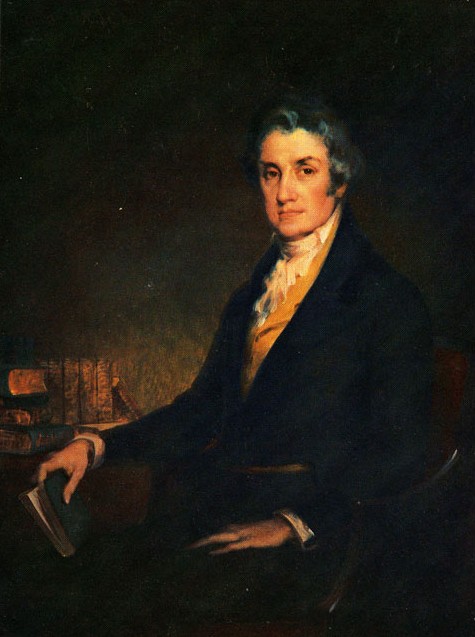
A native of Connecticut, Abraham Baldwin represented the State of Georgia at the Constitutional Convention. Baldwin went on to represent Georgia in the U.S. Congress for nearly two decades and helped found the University of Georgia.
Early Life
Abraham Baldwin was born on November 22, 1754, in Guilford, Connecticut. After completing grammar school, he attended Yale College. Upon graduation, he became a minister and tutor at the college.
During the Revolutionary War, Baldwin served as a chaplain in the Connecticut Contingent of the Continental Army. When the war ended, he declined an offer to become a professor of divinity at Yale and instead pursued a legal career. At the encouragement of Nathanial Green, who served as Baldwin’s commanding officer during the war, Baldwin moved to Georgia.
After he established a legal practice, Baldwin entered politics. He was first elected to the Georgia Assembly. In 1785, Georgia elected him to the Continental Congress. Two years later, the state sent him to the Constitutional Convention.
Constitutional Convention
Baldwin rarely made speeches during the Convention. However, he fought for smaller states to have equal representation in the Senate as a member of the Committee on Postponed Matters. Baldwin helped draft the Great Compromise, under which all 13 states were given two representatives in the Senate, but representation in the House of Representatives was based on population. Fellow delegate William Pierce stated that “Mr. Baldwin is a Gentleman of superior abilities and joins in a public debate with great art and eloquence.”
Later Public Service
After signing the Constitution, Baldwin returned to the Continental Congress. He then continued his service in the new national government, serving five terms in the House of Representatives and two terms in the Senate. In the Senate, he presided for one term as president pro tem. Baldwin was a moderate member of the Democratic-Republicans, often aligning with James Madison and Thomas Jefferson.
An ardent supporter of public education, Baldwin played a key role in the founding of Franklin College, which would grow to become the University of Georgia. Baldwin died on March 4, 1807, at the age of 52. His obituary stated: “He originated the plan of The University of Georgia, drew up the charter, and with infinite labor and patience, in vanquishing all sorts of prejudices and removing every obstruction, he persuaded the assembly to adopt it.







